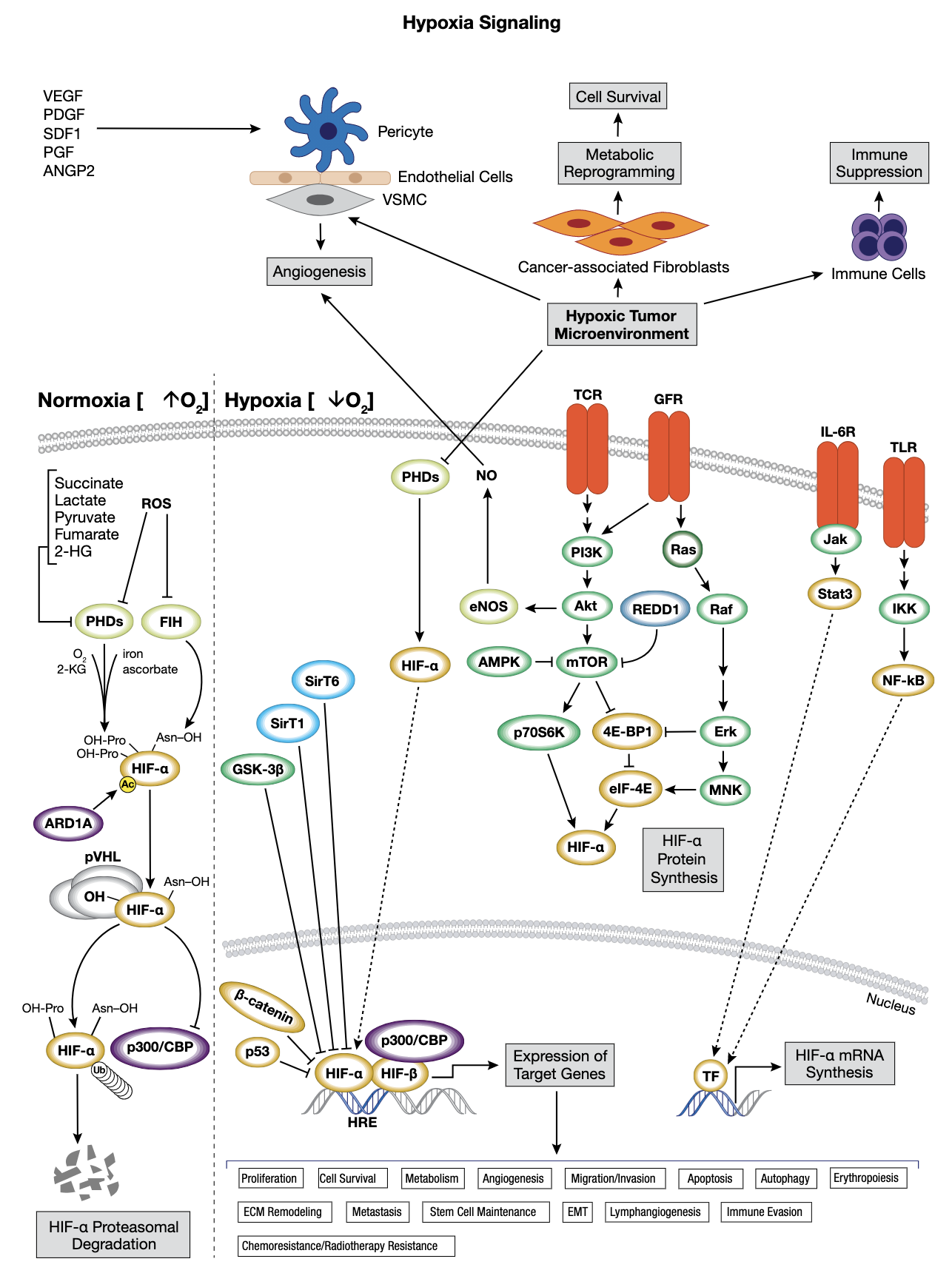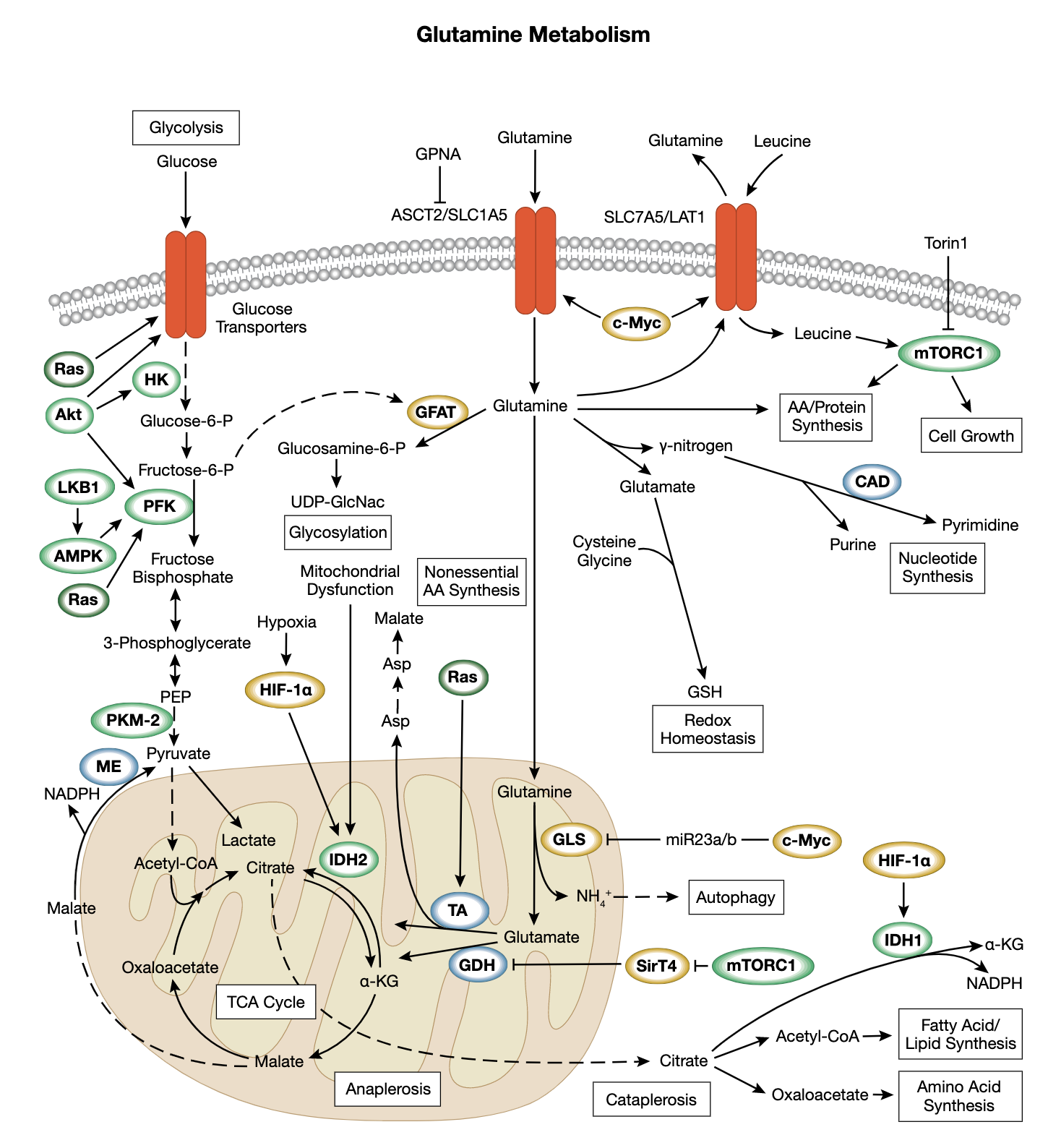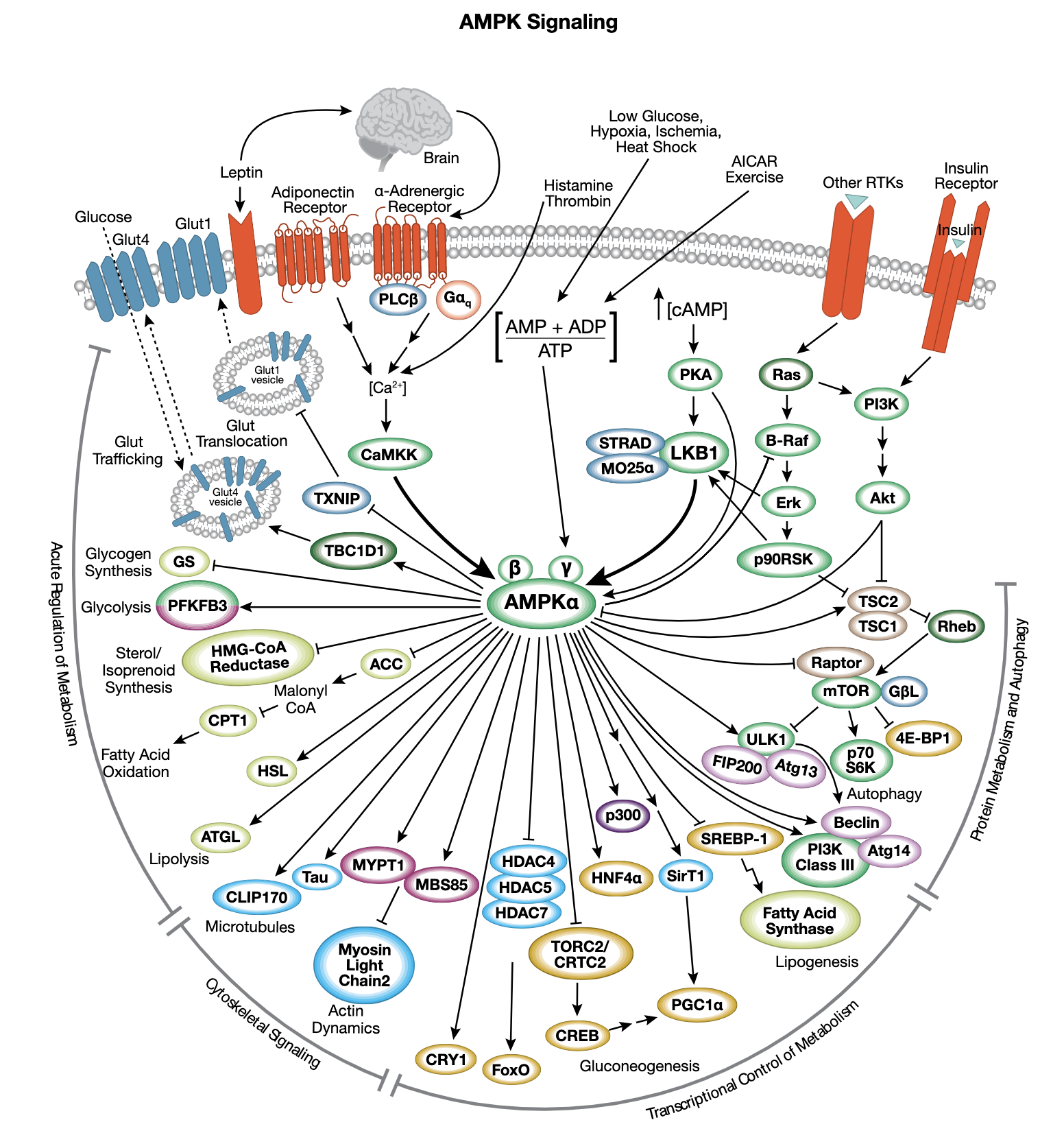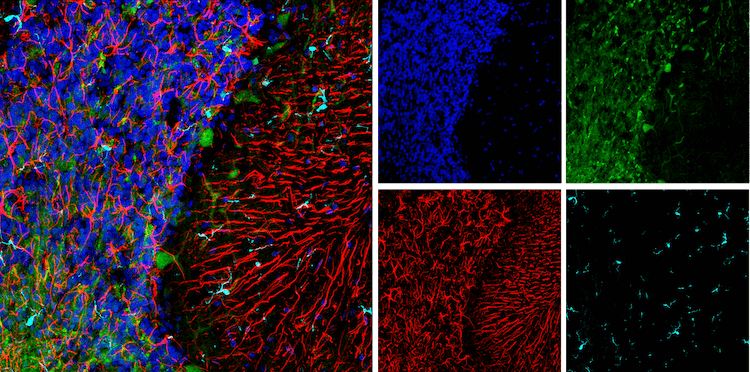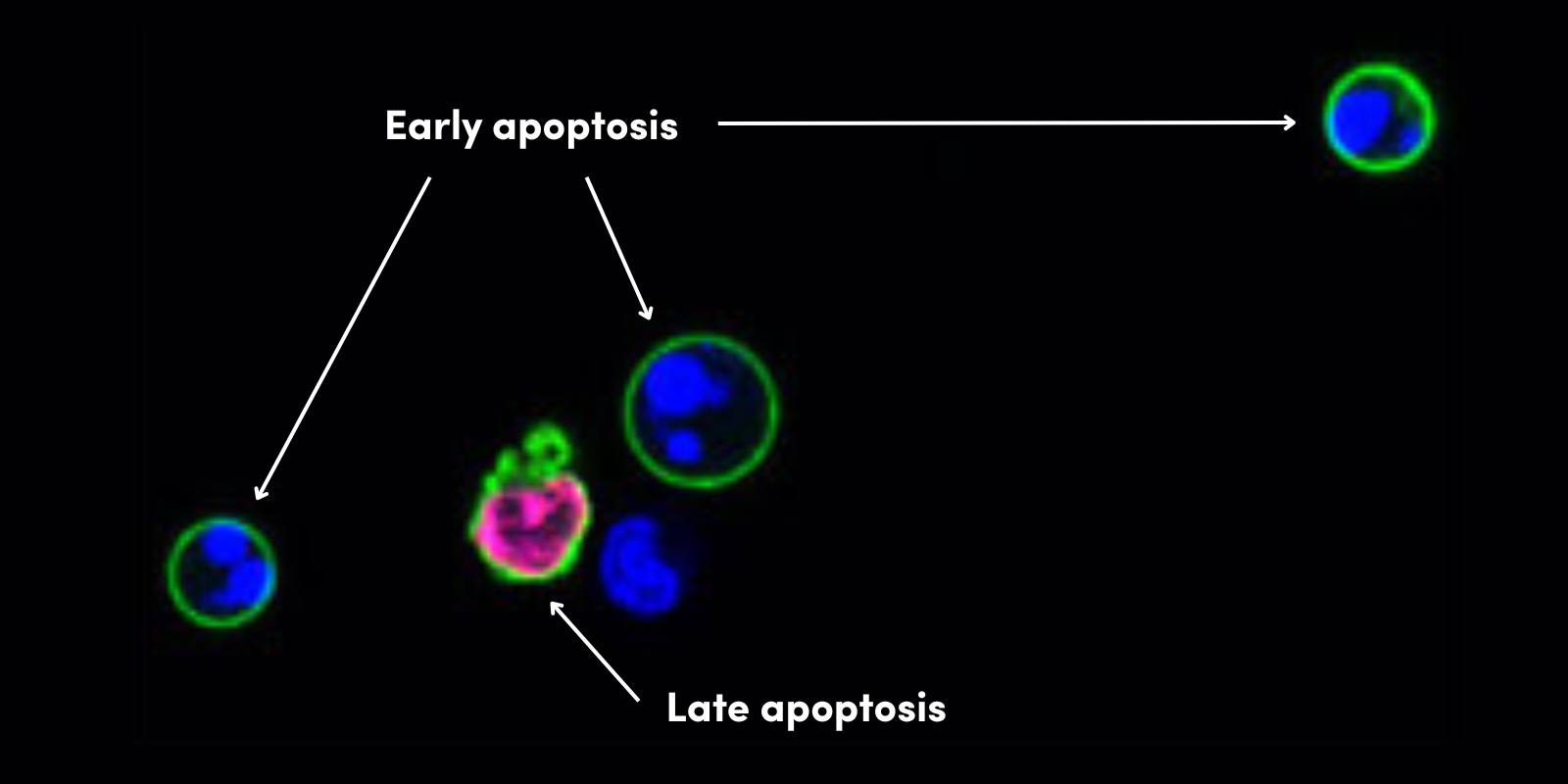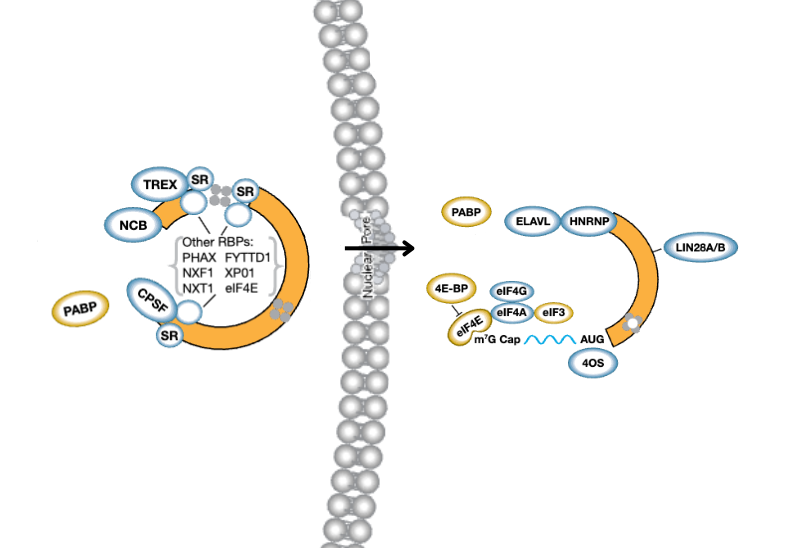Cellular metabolism encompasses all of the chemical processes that occur within cells to maintain homeostasis and, in total, define their energetic status. These include biomolecular synthesis (anabolism) and biomolecular breakdown (catabolism).
What Is Metabolism?
Metabolism, the sum of all biochemical reactions that occur within an organism to maintain life, is composed of the following major processes:
- Anabolism: The synthesis of complex molecules from simpler components, resulting in the storage of energy
- Catabolism: The breakdown of complex molecules into simpler components, resulting in a release of energy.
Many assays can be used to measure the levels and activities of key enzymes and substrates within cells and tissues to assess overall metabolic state. Cell Signaling Technology (CST) produces high quality antibodies for investigating key proteins involved in a wide array of metabolic signaling pathways.
Why Is Metabolic Research Important?
Metabolism impacts all cellular functions and when improperly regulated can contribute to the pathogenesis of numerous diseases. CST antibodies to metabolic targets, signaling pathways, and research guides are invaluable tools to understand how metabolism impacts biological systems under normal and pathological physiology. These resources enable scientists to advance our understanding of metabolism’s role in a variety of diseases, including cancer, diabetes, cardiovascular disease, and metabolic disorders, which ultimately translate into milestones that benefit patient health.
Examples of metabolic signaling pathways include:
-
The Warburg Effect Signaling Pathway – Metabolic adaptation is a hallmark of many cancers that promotes cancer cell growth and survival. For example, many cancer cells tend to favor metabolism via glycolysis over the more efficient and commonly used oxidative respiration pathway, a phenomenon known as the Warburg Effect.
- Hypoxia: Hypoxia (low O2) is a common feature of solid tumors that markedly alters cellular metabolism and left unchecked, leads to increased production of harmful reactive oxygen species (ROS). Specialized hypoxia response pathways have evolved to maintain homeostasis by influencing cellular respiration and associated oxidative stress.
- Glutamine Metabolism: Glutamine is a primary fuel source in rapidly proliferating cells and is the most abundant free amino acid in the circulation and in intracellular pools. Glutamine acts as a precursor for the synthesis of amino acids, proteins, nucleotides, and numerous other biologically important molecules. Many cancer cells require glutamine metabolism to meet increased energy demands.
- AMPK Signaling: AMP-activated protein kinase (AMPK) is the master regulator of cellular energy homeostasis that modulates both glucose and lipid metabolism. Due to its central role in these processes, AMPK is a potential therapeutic target for the treatment of type II diabetes, obesity, and cancer.


